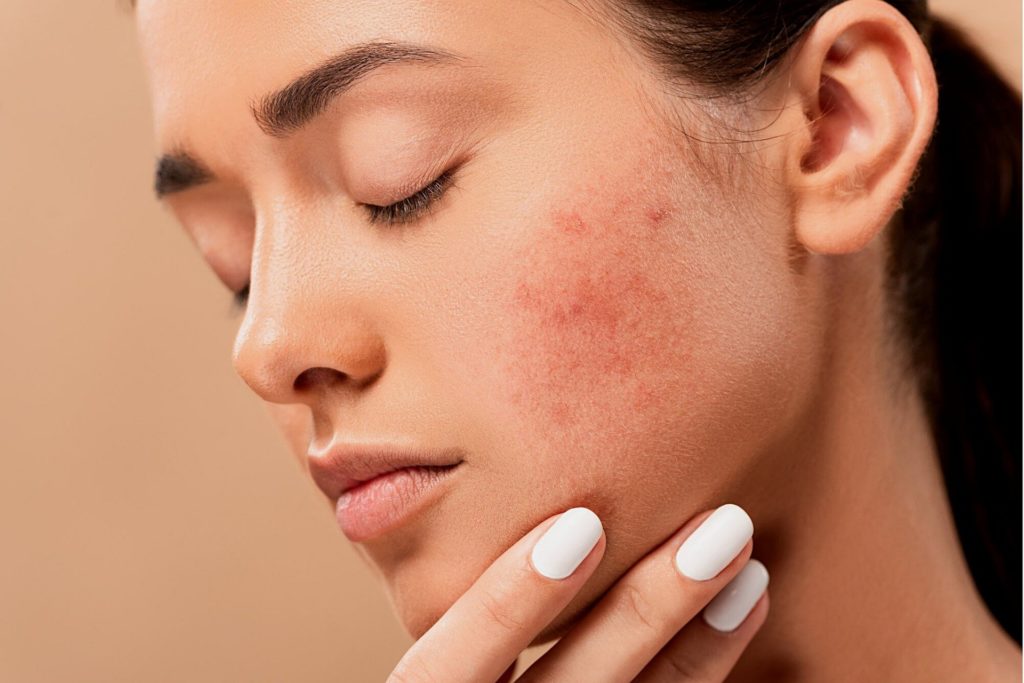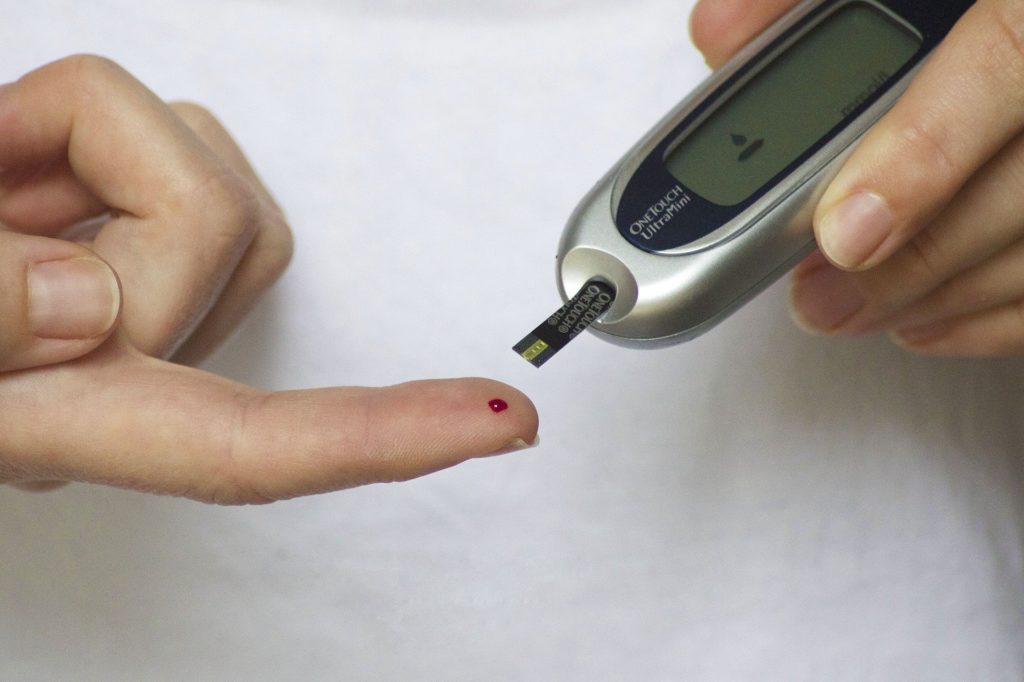We are all aware that sunlight is an essential natural source for the human body of vitamin D! There are a lot of benefits to sunlight. Continue reading to know the benefits of sunlight for skin, hair, and health.
Benefits Of Sunlight For Skin
Apart from having a perfect tan, the sunlight has some wonderful skin benefits.
1. Treats Acne
Skin conditions such as cancer, psoriasis, eczema, etc. may be cured by sunlight. New research found that a four-week outdoor sunbathing treatment did wonder at relieving the effects of psoriasis in more than 80 percent of subjects. Fungal infections can also be cured by sunlight.

Image Source – Pixabay
2. Heliosis
Sunlight treatment, or Heliosis, works wonderfully well. The trick to making sure your skin gains instead of being compromised is to steadily expose the skin to the sun instead of maximum exposure on the very first day. This is highly important if you are allergic to the sun and your skin is not exposed to it.
3. Helps In Psoriasis
Psoriasis is a skin condition in which the skin is thickened by swollen, dried plaques. It is said to be a non-curable illness. Psoriasis is treated under light treatment which is referred to as phototherapy. The sun is the light source, and thus the sun will help alleviate psoriasis.
Benefits Of Sunlight For Hair
Is the sunlight good for your hair? It’s not just the skin that wants the sun to be protected. In reality, even the sun will help your hair.
1. Helps Hair Growth
Sunlight helps the body to develop Vitamin D, which in essence, stimulates the development of your hair and prevents hair loss.
Although it’s important to always have sunscreen on, particularly if you’re going to be outside for a long time, remember that you shouldn’t completely rob yourself of the sun’s rays. Get out a bit more to let your body get the supplements it needs to offer you good skin and hair.

Image Source – Unsplash
2. Remedy For Hair Loss
Heliosis is an important treatment for the loss of hair. Although this is wonderful news for those who suffer from extreme loss, it’s important to note that overexposure to sunlight will do more harm than good, so it’s easy to give your hair a dose of sun rays. It is understood that the epithelial cells that make your hair grow are highly susceptible to UV light, and too much exposure will deplete the vitamin E and C levels that are necessary for hair growth.
Benefits Of Sunlight For Health
1. Protect Prostate Cancer
The less sunlight you get, the more likely your prostate cancer is to be diagnosed. Yes! You’re getting it correctly. Among scientists, this is a known fact. In several studies, the highest mortality rate and the shortest period of life were observed in African-Americans in the USA. The lack of sunshine will lead to a rise in prostate cancer according to a 2005 report by North Carolina Wake Forest University.
2. Enhance Supply Of Vitamin D
The sun is one of the richest vitamin D outlets important for healthy health. It’s not a secret. You are taking off this essential vitamin by continuously adding creams and lotions to your skin every time you leave your house.
Vitamin D is important to your bones and teeth’s health and vitality, to help your immune system, to defend against dementia, brain aging, and even to reduce asthma. You may be shocked to hear that it even prevents the body from cancer.
Vitamin D supply increases because of the sun, which means sunlight is also referred to as vitamin Sunlight. Moreover, each tissue in our bodies is regulated by the active type, some of it includes a calcium metabolism, the immune system, and neuromuscular activity, of vitamin D – 1,25-Dihdroxyvitamin D3(1,25[OH]2D3). Owing to lack of outdoor sun penetration, vitamin D deficiency occurs
3. Sunlight Can Help Lift Depression
Sunlight can support people with depression. A special cause of depression called seasonal affective disorder (SAD) can arise due to less sun exposure. It occurs mostly in the winters or during the fall. In 2001, a study conducted by the University of Milan, Italy, found that early morning sunlight could shorten the duration of hospitalization in bipolar disorder patients. In hospital rooms where there is little sunshine, the duration of hospitalization of patients is prolonged relative to the rooms where sunlight reaches.
4. Lowers The Risk Of Multiple Sclerosis
According to a report by the Australian National University, less direct sunshine obtained by people living at higher latitudes contributes to a higher frequency and prevalence of multiple sclerosis. Higher latitudes include North America, Europe, and areas such as Iceland, of course.
5. Lowers Your Risk Of Diabetes
Vitamin D has a preventive impact on diabetes, according to professionals. A 2006 study, conducted by the university hospital of Lund and Malmö in Sweden, revealed a strong correlation of early-life vitamin D use with a lower risk of diabetes Type 1.

Image Source – Pixabay
6. Protects Against Arthritis
Adults and children with untreated asthma have blood levels of Vitamin D that are slightly smaller than those found in healthy individuals. In an analysis carried out by Dr. Stephanie Korn in Germany in 2013, this was said. Corticosteroids or sputum eosinophilia are more likely to become deficient in vitamin D.
7. Treats Vitiligo
Vitiligo can be caused by an auto-immune mechanism and in combination with a drug or a natural treatment, is treated with ultraviolet light (UVA) penetration. It is a skin condition in which the skin includes white spots. In this disorder, certain parts of the pigment-making cells are destroyed.
So, these are benefits of sunlight for skin, hair, and health.
Sunshine has its advantages but remains the primary cause of skin cancer. Experts prescribe daily direct sunshine for active adults for no more than 15 to 20 minutes. Apply a sunscreen with Sun Protection Factor (SPF) of 30 minimum afterward. Notice the color of your skin, where you work, and how much of your skin exposed to the sun determines how much vitamin D you can make.
Also Read: Tips To Maintain The Skin’s pH Level













